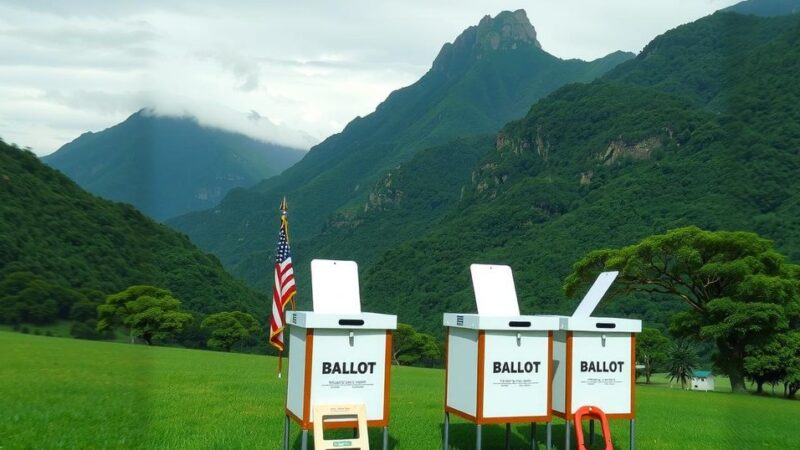The article discusses the resettlement of formerly enslaved Black Americans in Liberia, initiated by the American Colonization Society to provide freedom and a new life. Highlighting figures like William D. Coleman, it traces their journey, the challenges faced in establishing a new society, and the ongoing legacy of their descendants in maintaining ties with both Liberia and America.
The story of Liberia originated with efforts to resettle formerly enslaved Black Americans. In this context, William D. Coleman serves as a representative figure who journeyed from a plantation to this burgeoning nation. Liberia, characterized by familiar aspects of the United States, including streets named after American figures and a flag reminiscent of the U.S. flag, symbolizes this historical endeavor to restore freedom for these individuals.
Prior to the American Civil War, many free Black people in the United States were viewed by white religious groups as unable to attain true freedom within a segregated society. This concern catalyzed the establishment of the American Colonization Society (ACS) in 1816, aimed at creating a colony in Africa for the expatriation of free Black individuals. Historian C. Patrick Burrowes noted the ACS’s dual purpose: to provide a homeland for free Blacks and to alleviate potential unrest among enslaved individuals.
The ACS successfully acquired land in Africa, naming it Liberia, translating to “the land of the free.” Its capital, Monrovia, honors President James Monroe. Approximately 15,000 freed Black Americans migrated to Liberia, utilizing their foundational skills to build a new society, despite facing resistance from the indigenous population. William D. Coleman, who was freed through his owner James Wardlaw’s will, was among those who made this significant transition in 1853, sailing to Liberia with his family.
Upon arriving in Liberia, individuals like Coleman found life was challenging but ultimately an improvement from plantation existence. Burrowes describes this shift, stating, “Life was rough because you’re coming into a place that’s new… And now you’re working for yourself.” Historical remnants of these early settlers remain, exemplified in what is referred to as “Kentucky in Africa.”
In 1847, Liberia declared independence during a Baptist church gathering, where many descendants of American settlers, including William D. Coleman, were pivotal in governance. Coleman later ascended to the presidency of Liberia, illustrating the remarkable journey from enslavement to leadership. Nonetheless, the family’s quest for safety continued, as some members returned to the United States amid the Liberian Civil War, demonstrating the interconnectedness of America and Liberia.
The Coleman family continues to hold reunions, celebrating their heritage and reinforcing their identity. These gatherings have grown substantially since their inception in 1998. Genevieve Coleman-Garnett emphasized the importance of maintaining a clear lineage knowledge among descendants. Furthermore, family members are involved in philanthropic efforts to assist Liberia, underscores James Coleman’s sentiment of commitment to their roots and responsibilities to support their ancestral nation.
The establishment of Liberia as a haven for formerly enslaved Black Americans is a significant chapter in history, illustrating resilience and the enduring quest for freedom. The journey of individuals like William D. Coleman highlights the intertwined narrative between the United States and Liberia. Furthermore, the continuing connection among his descendants showcases a commitment to heritage and philanthropy in the endeavor to aid Liberia’s development, reflecting the harmonious bond that remains across continents.
Original Source: abcnews.go.com






